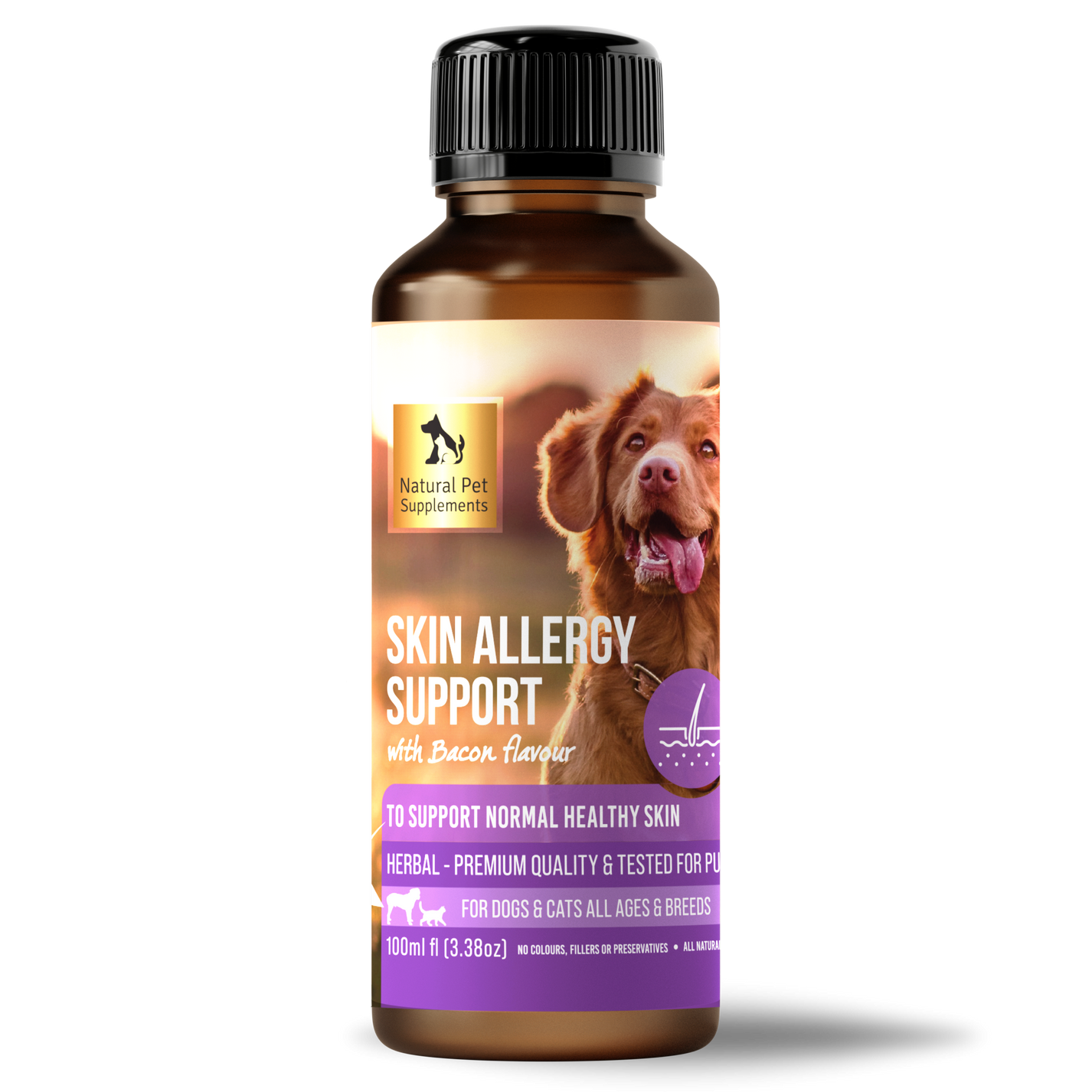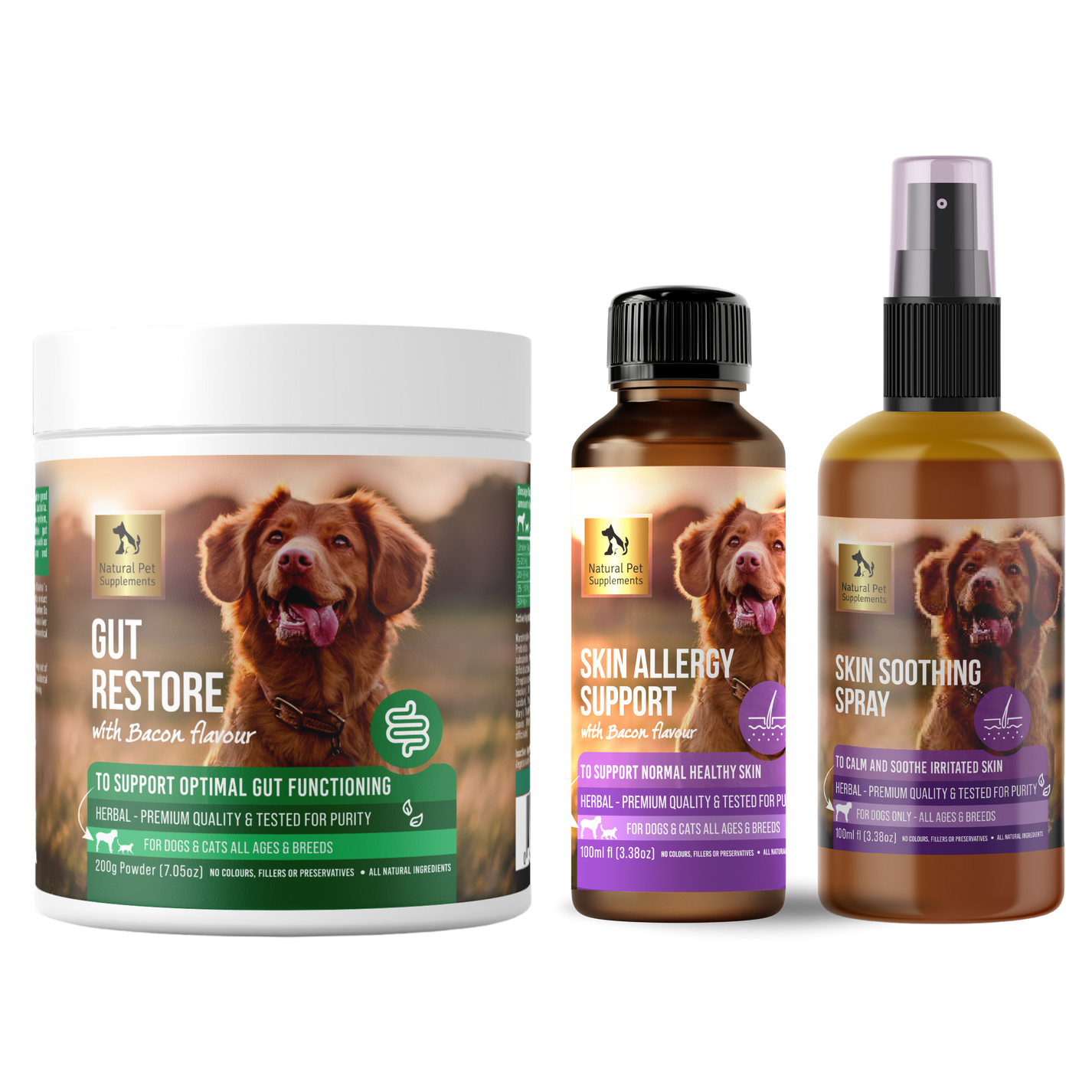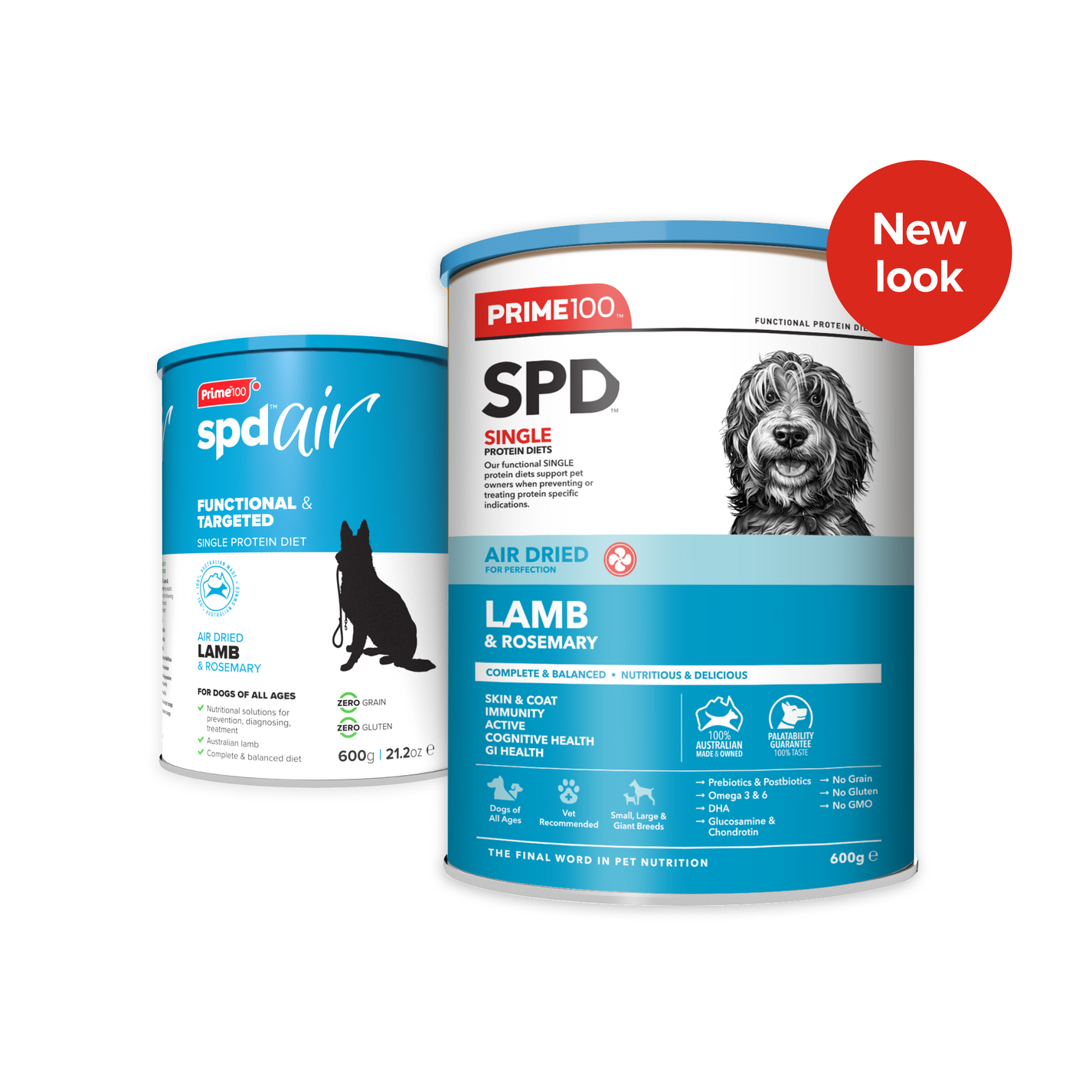Want to watch more Bondi Vet content? Subscribe to our channel.
How can you tell your dog has allergies?
When it comes to itchy dogs, allergies are one of most the common issues that I see at Bondi Vet. Not all itchy dogs have allergies, but allergies would make up 80% of all itchy dogs. Allergies are on a spectrum - some are just a little bit itchy and some are ‘chew their little paws off’ itchy!
The signs are more varied than you think when it comes to allergies. Here are some things an owner might notice when they are dealing with an allergic dog:
So what are they allergic to? What is the most common dog allergy?
1. Food
1 in 5 itchy dogs are food allergic. Beef, chicken, wheat and dairy are the biggest food allergens (although they can be allergic to lots of other ingredients). We diagnose food allergies with a food elimination trial (or diet trial). We take them off all foods their immune system has experienced before and use either a novel protein diet (something they’ve never tried before) or a hydrolysed diet (where the molecules have been broken down so little their immune system doesn’t recognise them as a problem).
A diet trial can be done either with a commercial food (like Hills Z/D, Royal Canin Anallergenic, Royal Canin Hypoallergenic or SPD Crocodile and Tapioca) OR a home cooked diet (usually we use something like kangaroo and sweet potato). No treats or regular dry food are allowed during this trial period! We do this for 6-8 weeks to see if the itchiness improves. If the itch improves - bingo! Now we have to figure out what ingredient it is causing the issue. I usually use chicken or beef first and if they get itchy again. By re-introducing one food at a time, you can figure out what particular ingredient is making them itchy.
Before starting a food elimination diet, it's important to make sure your dog doesn’t have any bacterial or fungal infections (both in the ears or skin). These are secondary to the primary allergy and even if you take them off the offending food, if they have a fungal or bacterial infection, the itchiness will persist unless you treat the secondary infections at the same time.
2. Life (otherwise known as atopy or atopic dermatitis)
We call these dogs Atopic. They aren’t allergic to life really - just the things around them that are hard to avoid. We call these ‘environmental allergens’ and can be anything from grasses, pollens or even dust mites. These dogs are difficult to manage because often the allergen is something the owner can’t really control. Unfortunately, atopic dogs often present exactly like food allergic dogs AND there is no real test for atopy - it’s still considered a diagnosis of exclusion. That means, if they AREN’T food allergic then they are likely atopic. That is important to know, as it explains why vets like to food-trial dogs before we diagnose atopic dermatitis.
Controlling food allergies is easy! Once you’ve figured out the offending food type you can avoid it. While food elimination diets are hard to do, they are better for the dog in the long run and we can often manage them without medications. Unfortunately for atopic dogs, it’s not as easy. Anyone that’s had an atopic dog knows these guys are hard work.
Is there a way to find out what your atopic dog is actually allergic to?
Yes, but it isn’t cheap. Dermatologists can do intradermal testing to figure it out (often it’s a few things) and there is also a blood test now that can be done. I quite like the blood test in certain cases, however lots of people think it’s not all that crash hot. The test can often say they are allergic to loads of things that may not be actually the cause of the ‘itch’ (false positives).
How do we manage atopic dogs?
We usually combine a few things to try and manage these dogs:
- Medicated shampoos to control secondary bacterial and fungal infections
- I often recommend dog shoes for dogs that I think are allergic to grass (so their little paws aren’t having to touch the grass).
- If shoes aren’t possible and their paws are affected I ask owners to give them a quick wipe down when they return from outside.
- Use of medications (I often reach for monoclonal antibody injections these days. They’re expensive but amazing).
- Supplementation with skin support products like Omega 3s. I love omega 3s!
- For those with ear infections, I usually put them on a preventative homecare program (applied into their ears)
- Desensitization injections – these are delivered by a dermatologist. They do take some work and patience, but can be life-changing for some dogs.
Bondi Vet Recommended Products
Why are dogs getting all these allergies?
In the past 5-7 years, I have seen more allergy-dogs than I ever have previously. Honestly, I don’t quite know what the answer is. I do know that as dogs become integral parts of our families we are better at looking after our dogs and notice these types of symptoms more than we did before - so potentially I see them more because owners notice more. But I think there might be more to the story - perhaps we are breeding these allergies in (and breeding from dogs that also have allergies). After all, we know there is a genetic basis to allergic skin disease. Like you, I wish there was a straight answer so that we had something to work on when it comes to the frustrating and uncomfortable allergies we see in our dogs.



